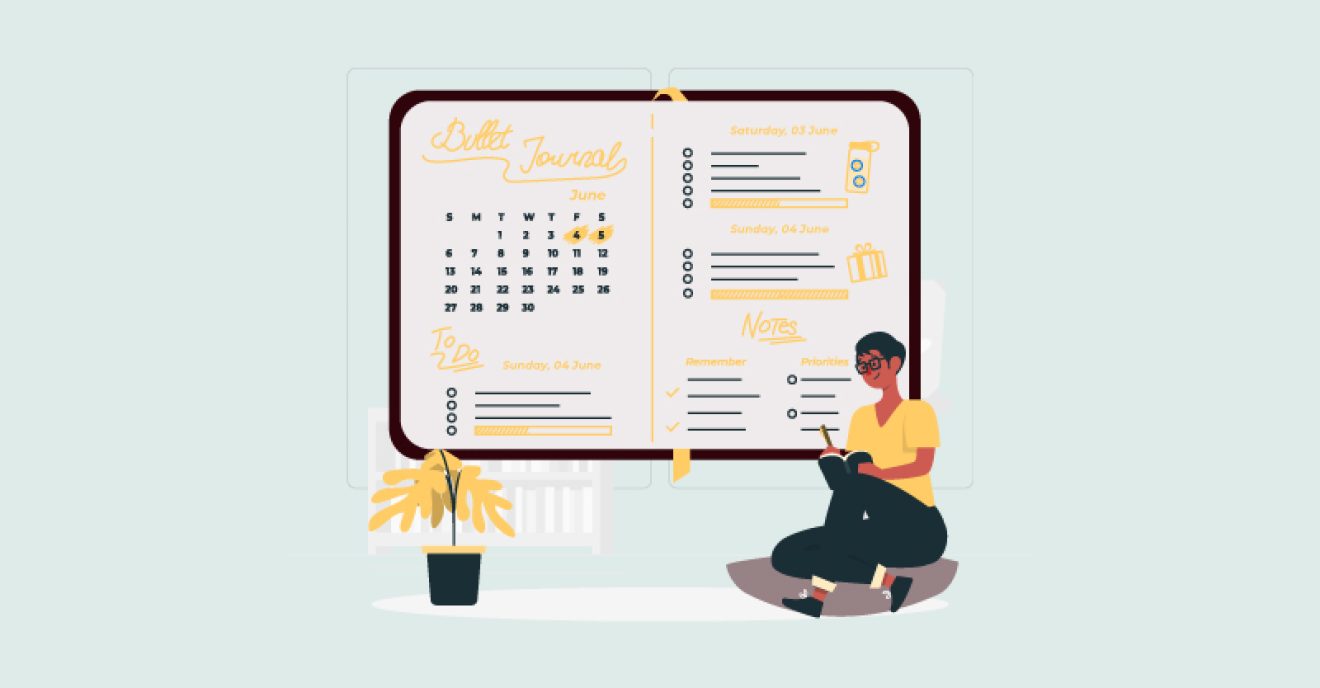A journal is a remarkable tool for capturing the events, thoughts, emotions, ideas, and memories of your life. Given that it is impossible to remember every detail, journaling provides a means to relive past experiences, emotions, and memories, enabling us to recall what we did and thought during specific periods. While there are various types of journals catering to different needs, recording daily experiences and thoughts is known as daily journaling.
Daily journaling is a self-care routine practised by many accomplished individuals and leaders. It offers numerous benefits, helping you stay on track, providing support during high and low points, and serving as a tool for self-care.
Here are several ways in which daily journaling can improve your life:
Setting intentions: is an essential aspect of journaling. Before embarking on your journaling journey, ask yourself why you want to journal and what you hope to achieve through this practice. By establishing clear goals for your journaling experience, you gain an understanding of the purpose behind your actions and how they can contribute to your mental well-being over time. Many individuals use journaling as a means to witness their personal growth and reflect upon it by revisiting their past entries. Some may utilize journaling as an outlet for venting, expressing genuine reactions and thoughts about life situations. Journaling has proven to be a common habit among highly productive and disciplined individuals. Your intention for journaling may differ from the examples mentioned, but having a clear intention will help you maintain the habit.
Better sleep: The activities you engage in before sleep significantly impact the quality of your rest. The time just before sleep is when the day’s stress tends to weigh heavily on your mind, causing it to race relentlessly. Experts estimate that the mind generates over 50,000 thoughts per day. Engaging in journaling before sleep allows you to unload all the emotions and thoughts that have accumulated, freeing your mind from the burden. By expressing everything that occupies your mind, you prepare yourself for a better night’s sleep, as you have already put your ideas to rest, providing an opportunity for a good night’s sleep.
Habit and Routine Tracking: Habits serve as the foundation for personal development. Writing about your habits and tracking them daily in your journal enables you to monitor your routines effectively. Any type of habit can be tracked, ranging from simple activities like drinking water to more complex endeavours such as monitoring progress in learning a new language. Reflecting on your journey allows you to analyse your progress and identify areas for improvement.
Self-Awareness: involves recognizing and understanding your thought processes, feelings, and emotions. It is a product of self-reflection, a deep introspection of one’s character and actions. Daily journaling leads to self-reflection by posing questions such as: What am I feeling right now? What are my thoughts on this situation? How are my emotions and thoughts influencing my behaviour? etc. Answering these questions honestly, daily helps you comprehend and identify your beliefs, triggers, and thoughts. Over time, this process enables you to cope with stress and anxiety as you gradually become aware of your strengths, weaknesses, and areas for personal growth. As your self-understanding deepens you become less self-critical and more compassionate towards yourself, thereby improving your overall mindset and outlook on life.
To improve your life, it is essential to cultivate a positive mindset. Daily journaling enables you to track and understand your behaviours, both positive and negative, as well as routines that may have gone unnoticed. It grants you the opportunity to take charge of your life, empowering you to bring in the change you want to see in yourself.









